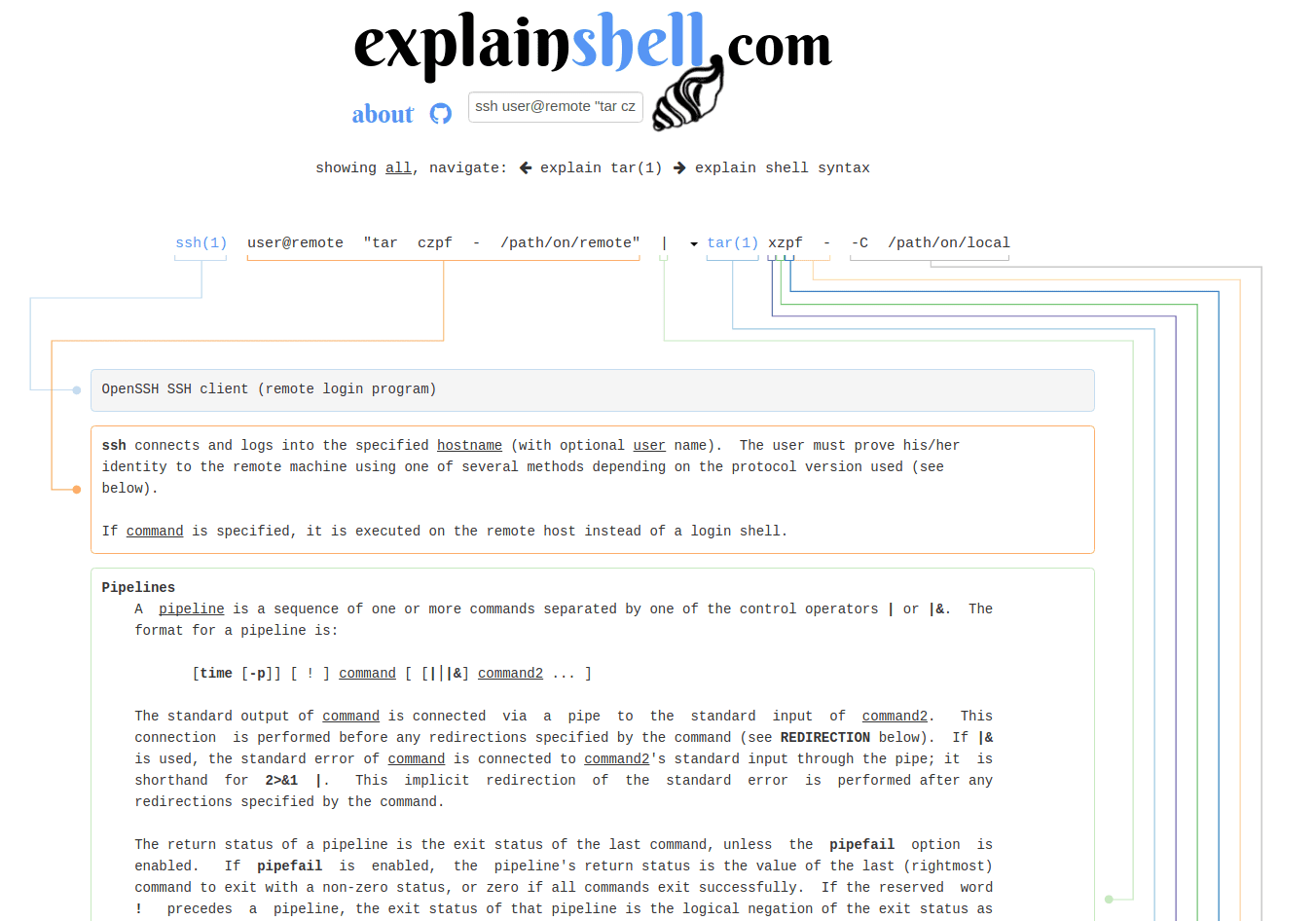Every once in a while I find a new tool that boosts my productivity so much, that I don’t understand how I managed to work without it up to this point.
Today I want to introduce you to a general-purpose command-line fuzzy finder, called fzf -
- No dependencies.
- Blazingly fast.
- Works out of the box, but also extremely configurable.
- Flexible layout using tmux panes.
- Batteries included:
- vim & neovim plugin - I see it as ctrlp.vim on steroids.
- Key bindings (bash, zsh & fish)
- CTRL-T paste the selected files and directories onto the command line.
- CTRL-R paste the selected command from history onto the command line.
- ALT-C cd into the selected directory.
- Fuzzy auto-completion for bash, zsh & fish.
But hey, why listen to me when you can just see it in action?




